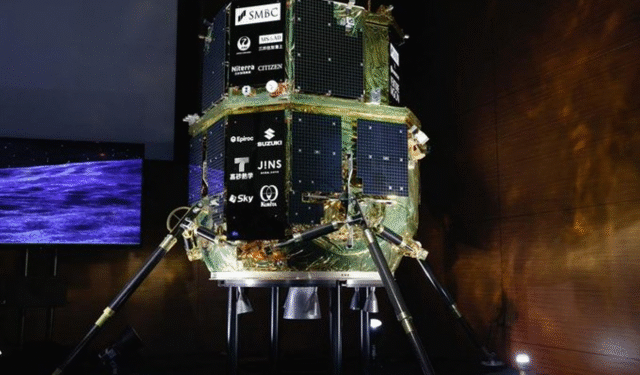Japan’s private space company, ispace, faced another setback as its Resilience lunar lander crashed during its attempted touchdown on the Moon’s Sea of Cold.
The failure marks the second unsuccessful mission by the company in two years.
The lander, launched aboard a SpaceX Falcon 9 rocket in January 2025, spent months travelling via a fuel-efficient trajectory before entering lunar orbit in May. As Resilience began its descent from an altitude of 100 kilometres, initial data indicated a smooth operation. However, telemetry was lost after the craft fired its engines at the 20-kilometre mark.
According to ispace, a crucial laser rangefinder—responsible for measuring distance to the lunar surface—experienced delays in obtaining valid data. This prevented the lander from slowing down adequately, leading to a hard landing. Despite the setback, the company remains committed to improving its technology for future lunar missions.





























